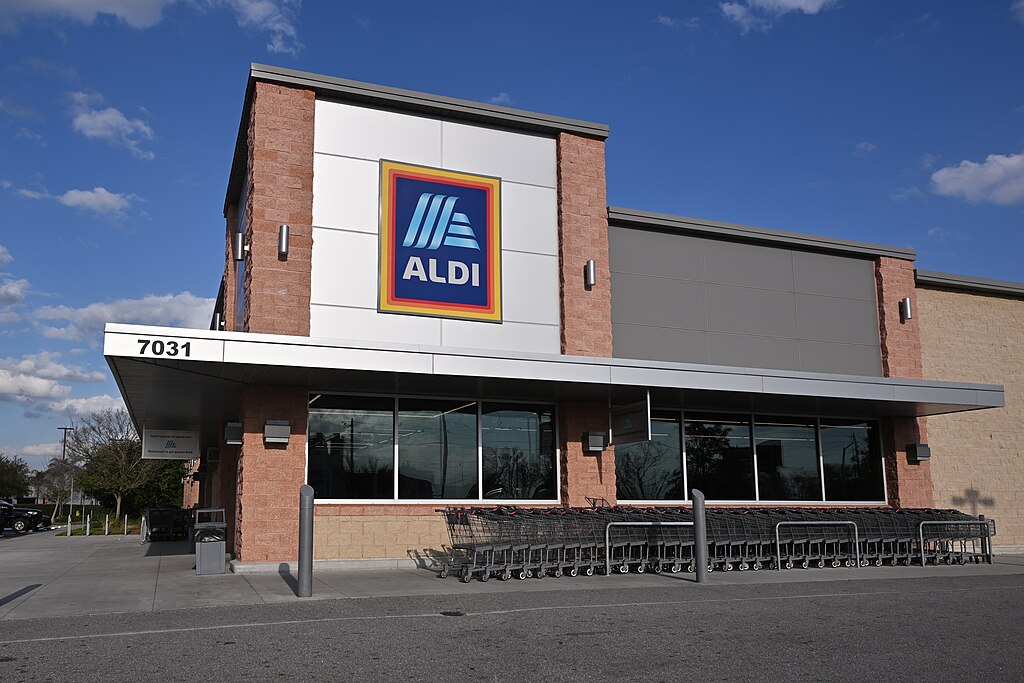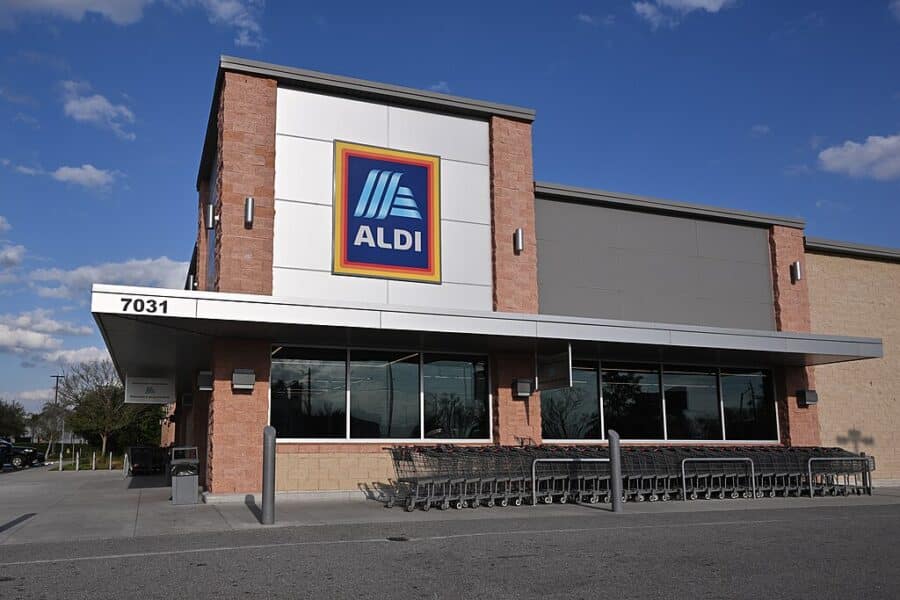
Aldi has issued a stark warning to shoppers, cautioning that rising food prices could intensify in the coming months.
The supermarket chain, often praised as the UK’s cheapest grocer, pointed to mounting pressures from inflation, supply chain disruptions, and government policies. The message underscores a growing challenge for households already struggling to balance everyday essentials with tighter budgets.
Aldi Raises the Alarm
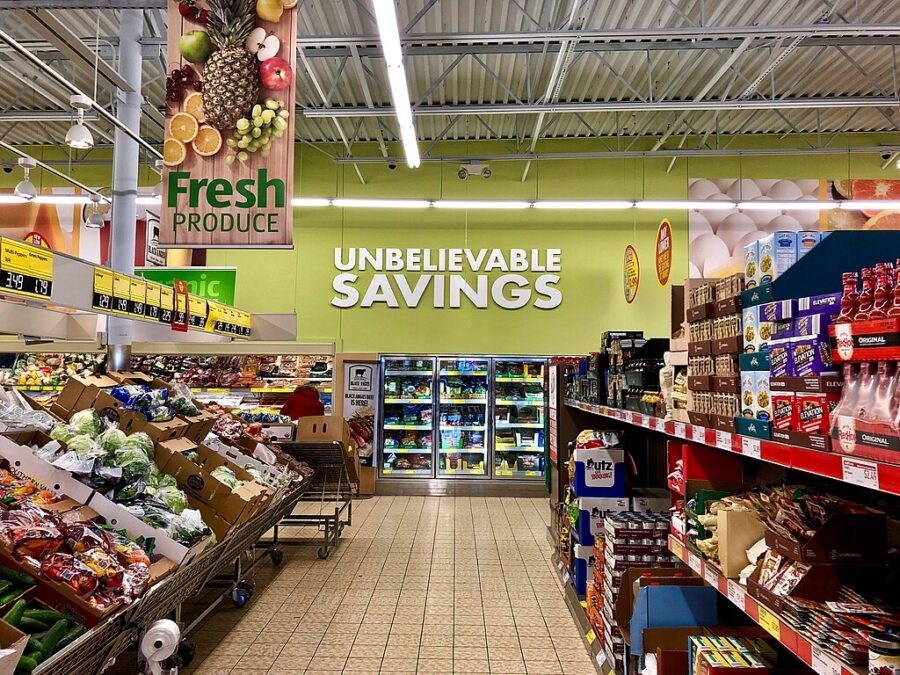
In a recent statement, Aldi’s CEO warned that consumers face a “major concerning shift” in grocery costs, citing persistent inflation and higher input expenses. While Aldi has traditionally shielded shoppers with aggressive price competition, the company noted that rising supplier costs and global market instability are making it harder to keep prices low.
Budget Fears Add Pressure

Concerns are growing that the UK government’s fiscal approach could worsen food inflation. Analysts warn that the latest UK budget may trigger a festive price surge, with higher import tariffs and energy costs trickling down to store shelves. Aldi echoed this anxiety, urging officials to act before rising costs threaten families during the holiday season.
Inflation Keeps Climbing
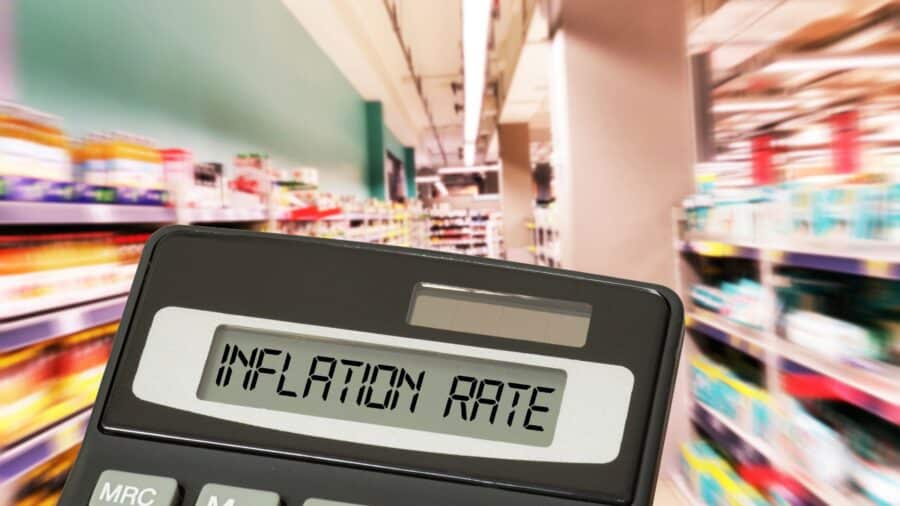
The latest figures from the Office for National Statistics show food inflation holding at 3.8%, highlighting a persistent burden on households (BBC). Prices for staples like bread, dairy, and meat continue to rise, outpacing wage growth. This adds weight to Aldi’s concerns, suggesting that even value-focused chains will struggle to keep essentials affordable in the months ahead.
Shoppers Feeling the Strain
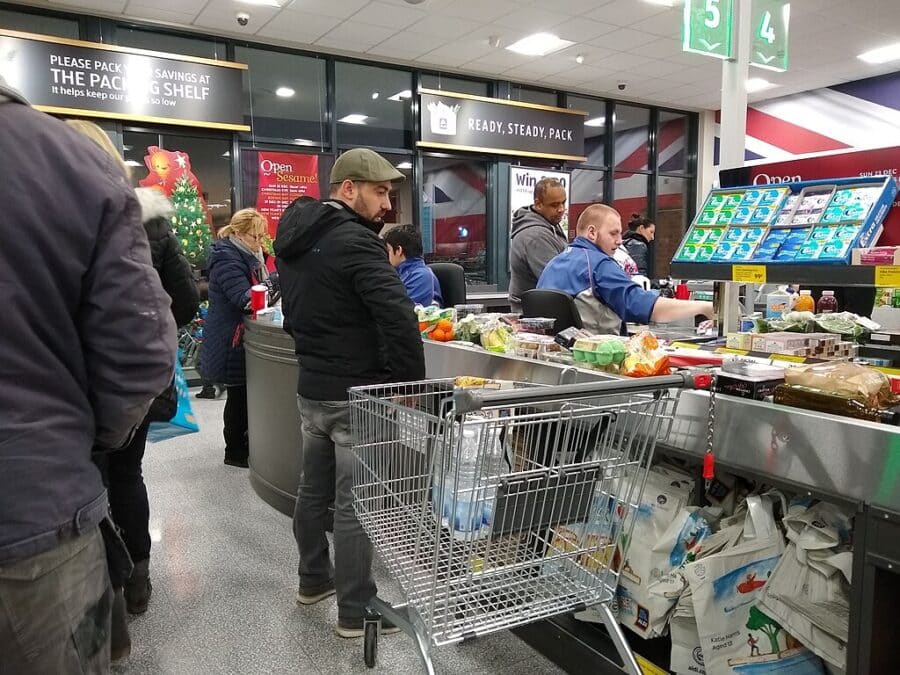
For many families, grocery bills are becoming unmanageable. Advocacy groups have urged the government to intervene as grocery prices soar, warning that millions are being forced to cut back on fresh produce and healthier options (The Independent). Aldi’s warning comes at a critical time, as many households face choosing between festive celebrations and basic necessities.
Still the Cheapest Supermarket

Despite mounting challenges, Aldi has retained its crown as the UK’s cheapest supermarket for everyday shopping baskets (Yahoo Finance; Grocery Gazette). Independent surveys show Aldi beating out rivals like Tesco and Sainsbury’s on core products, reinforcing its appeal to cost-conscious shoppers. This reputation, however, is increasingly difficult to maintain amid rising wholesale costs.
Rivals Gain Ground
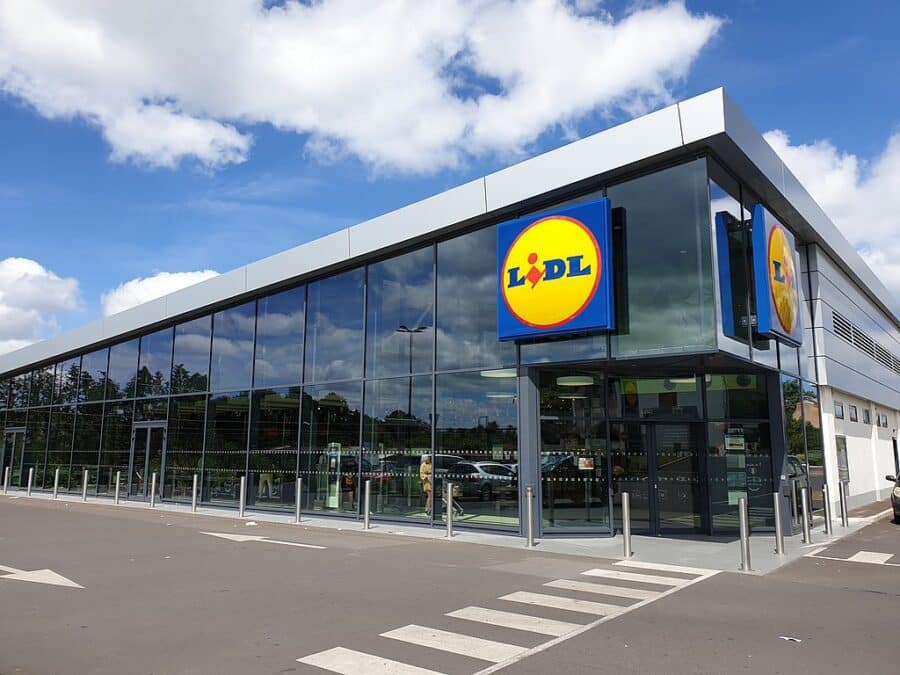
Interestingly, some chains once known as pricier alternatives are catching up. Reports show that the “most expensive” supermarket a year ago now beats Aldi and Lidl on selected essential baskets (Manchester Evening News). This shifting dynamic highlights how inflation is reshaping competition, forcing all grocers to rethink pricing strategies.
Expanding Footprint

While costs rise, Aldi is still investing heavily in its future. The chain announced plans for 500 new UK stores as part of a £1.6bn expansion strategy. Executives argue that scale is key to keeping costs down, and growing its network may help offset some inflationary pressures.
Sales Up, Profits Down

Aldi recently reported rising sales but falling profits, reflecting the balancing act of keeping prices low while absorbing higher operational costs (Yahoo Finance UK). Analysts note that while revenue growth underscores Aldi’s popularity, profitability remains vulnerable to sustained inflation, labor shortages, and supply chain disruptions.
Wider Retail Struggles
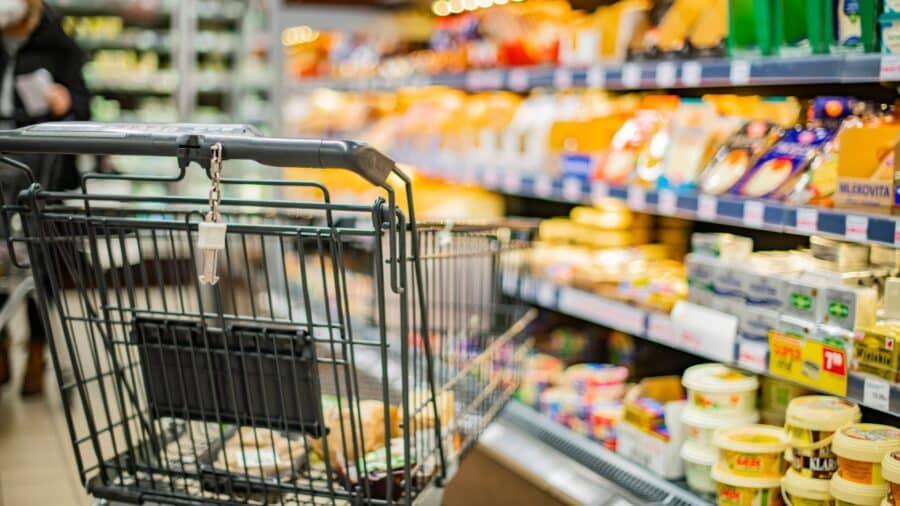
Aldi’s warning is part of a larger story in the UK retail sector. Grocers face mounting costs from energy, wages, and logistics, with inflation squeezing margins across the board. For many chains, keeping food affordable without sacrificing financial stability has become a nearly impossible challenge, raising fears of higher prices across the high street.
Beyond Aldi’s Aisles

Aldi’s message is more than just a corporate caution—it reflects the fragility of the UK’s food ecosystem. Even the nation’s most budget-friendly retailer is feeling the strain, underscoring how vulnerable households are to global market shifts and government policy choices. For millions of shoppers, the fight to keep food affordable is becoming an everyday reality.
